

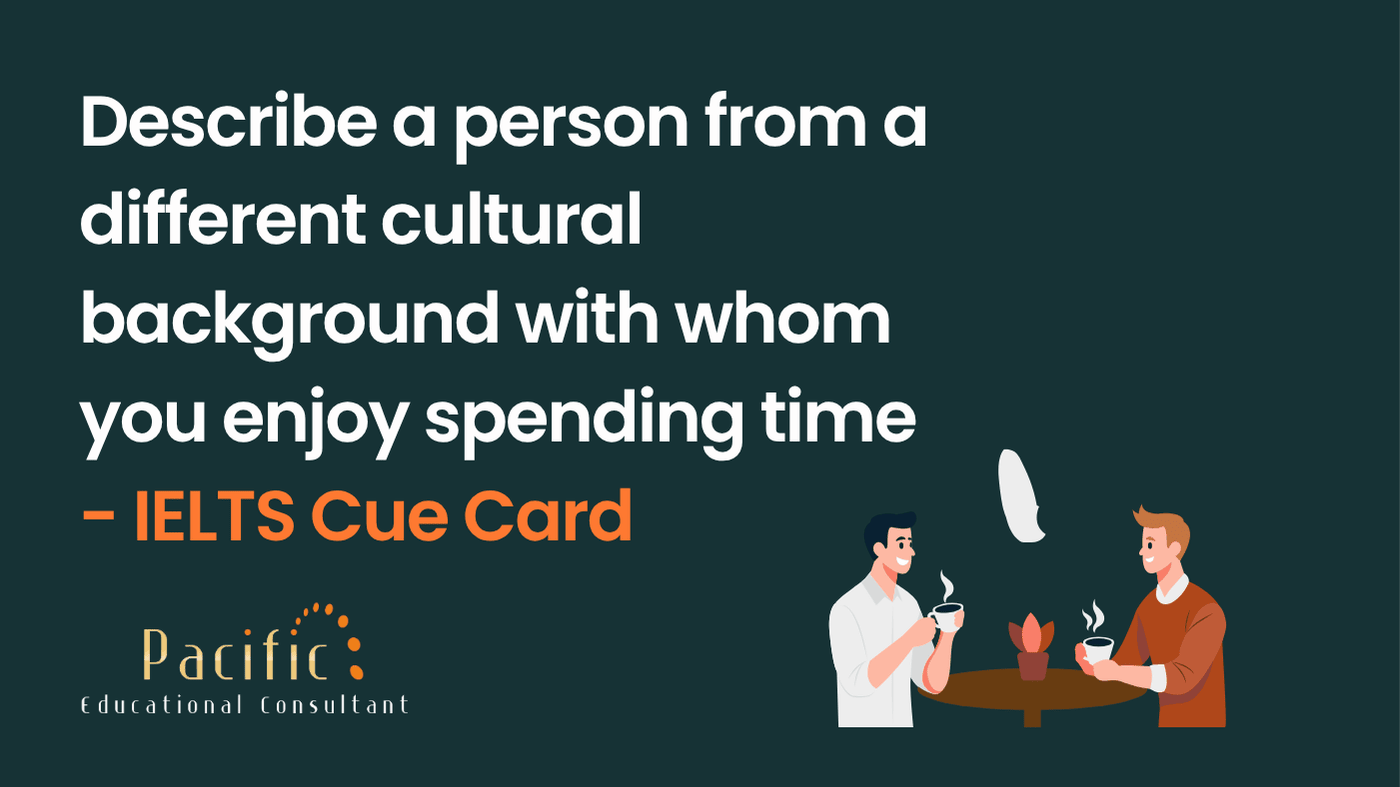
You should say:
One person I really enjoy spending time with is my friend, Ahmed.
He is originally from Egypt and moved to India a couple of years ago for higher studies.
I first met Ahmed at a community language exchange program in my city. We were both interested in improving our English communication skills and ended up being paired together. Since then, we have developed a strong friendship and often meet for discussions, cultural events, and even simple outings.
I feel very comfortable and happy in his company because he has such a warm and open personality. What I really admire about him is his eagerness to share his culture—he often tells me stories about Egyptian history, food, and traditions. At the same time, he is equally curious about Indian culture, which makes our conversations truly engaging. Spending time with him has helped me become more open-minded, respectful of diversity, and interested in learning about other ways of life. I genuinely value our friendship because it not only gives me joy but also broadens my perspective about the world.
Yes, nowadays it is quite easy, especially in larger cities. Many international students, professionals, and tourists visit my country, so we often meet people from different cultural backgrounds at universities, workplaces, or even social events.
They usually discuss their traditions, food, lifestyle, and festivals. Sometimes they also talk about education, travel, and daily life experiences. These conversations are interesting because they help both sides learn new things.
Yes, it is very beneficial. A multicultural society promotes tolerance, understanding, and respect for diversity. It also gives people the chance to experience different cuisines, languages, and traditions in everyday life.
The biggest advantage is broadening your perspective. You learn new ways of thinking and living. Such friendships also improve communication skills, reduce stereotypes, and sometimes even open opportunities for travel or work abroad.
People travel abroad for various reasons such as education, employment, business opportunities, or simply to explore new cultures. Many also move abroad to enjoy a better standard of living or gain international exposure.
Living abroad helps people become independent and adaptable. They gain international experience, improve their language skills, and understand cultural diversity better. It also gives them personal growth and professional opportunities that might not be available at home.

UK Innovator Founder Visa (2025–2026): Success Rate, Requirements, Fees & ILR Pathway

Educational Counselling: Meaning, Benefits & Professional Services

How French Language Proficiency Boosts Immigration and Canada PR Success in 2025–2026
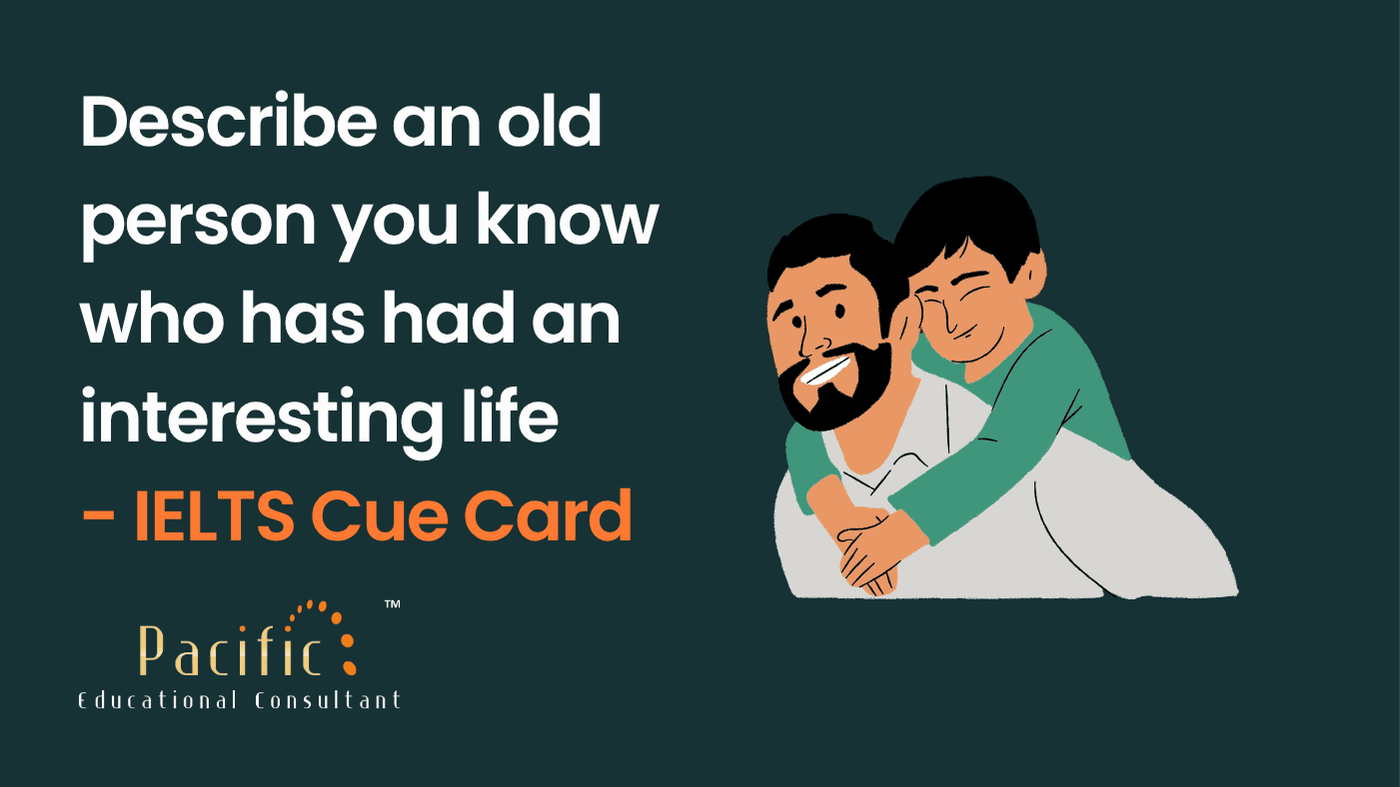
Describe an old person you know who has had an interesting life - IELTS Cue Card
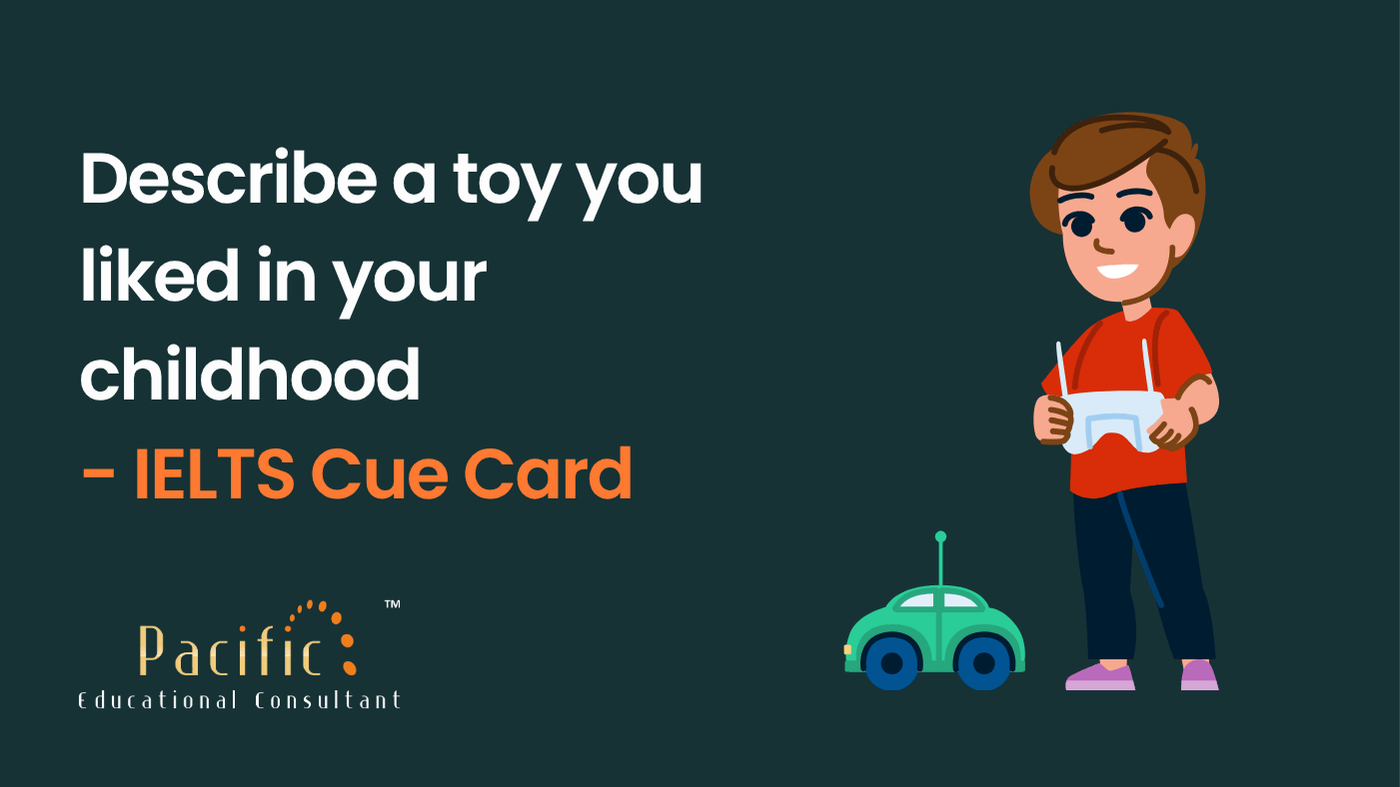
Describe a toy you liked in your childhood - IELTS Cue Card

CPT Full Form: Difference Between CA CPT and CA Foundation

5 Indian Freedom Fighters Who Studied Abroad and Changed India’s History
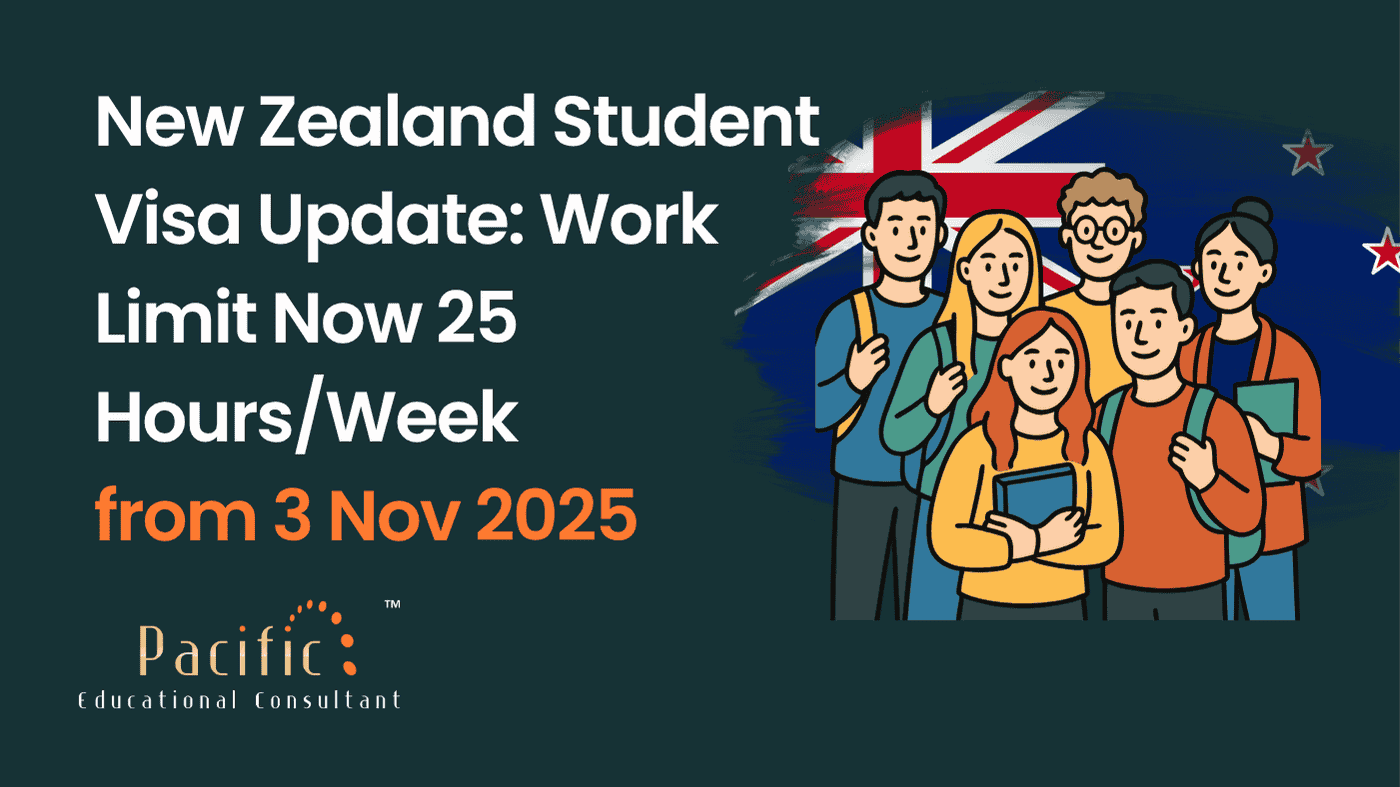
New Zealand Student Visa Update: Work Limit Now 25 Hours/Week from 3 Nov 2025

Describe a family member who you want to work with in the future - IELTS Cue Card
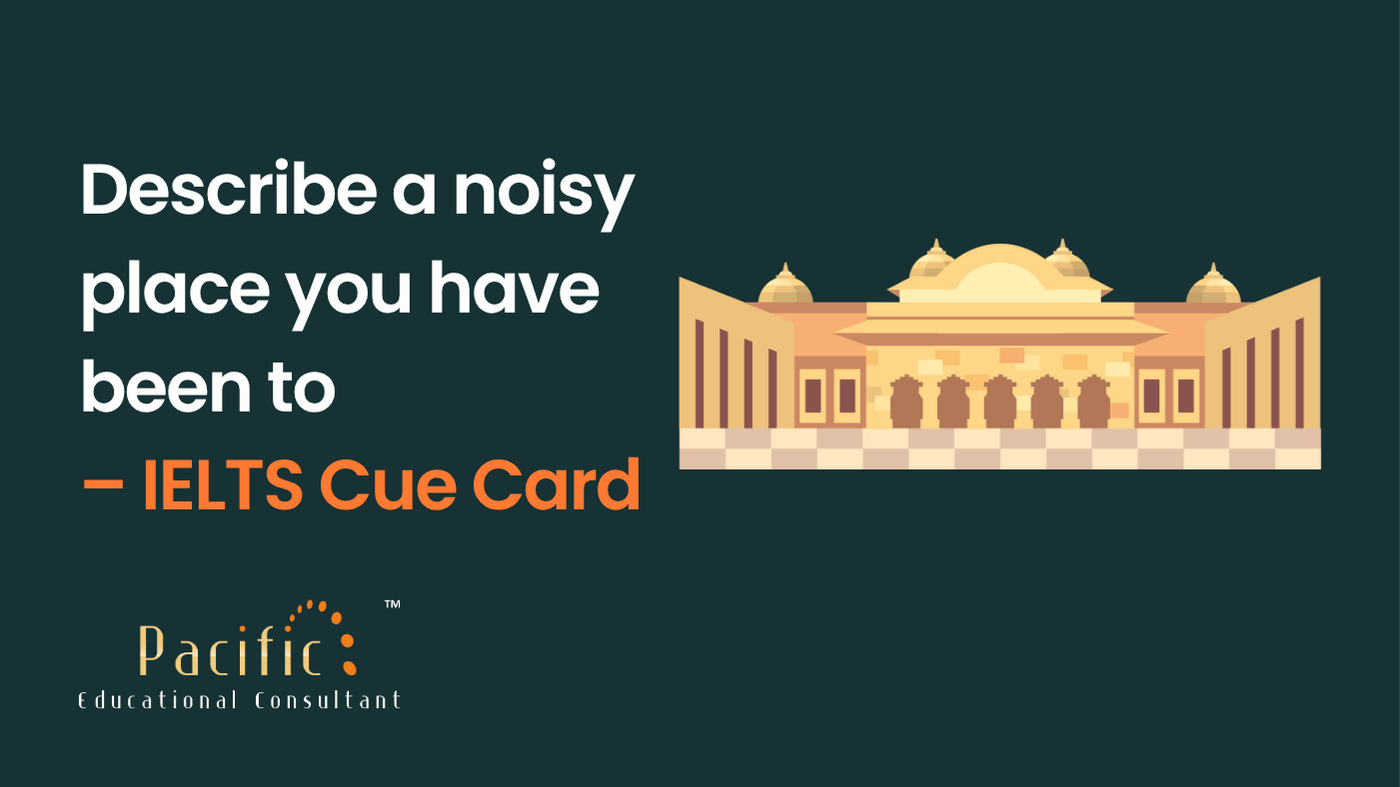
Describe a noisy place you have been to - IELTS Cue Card